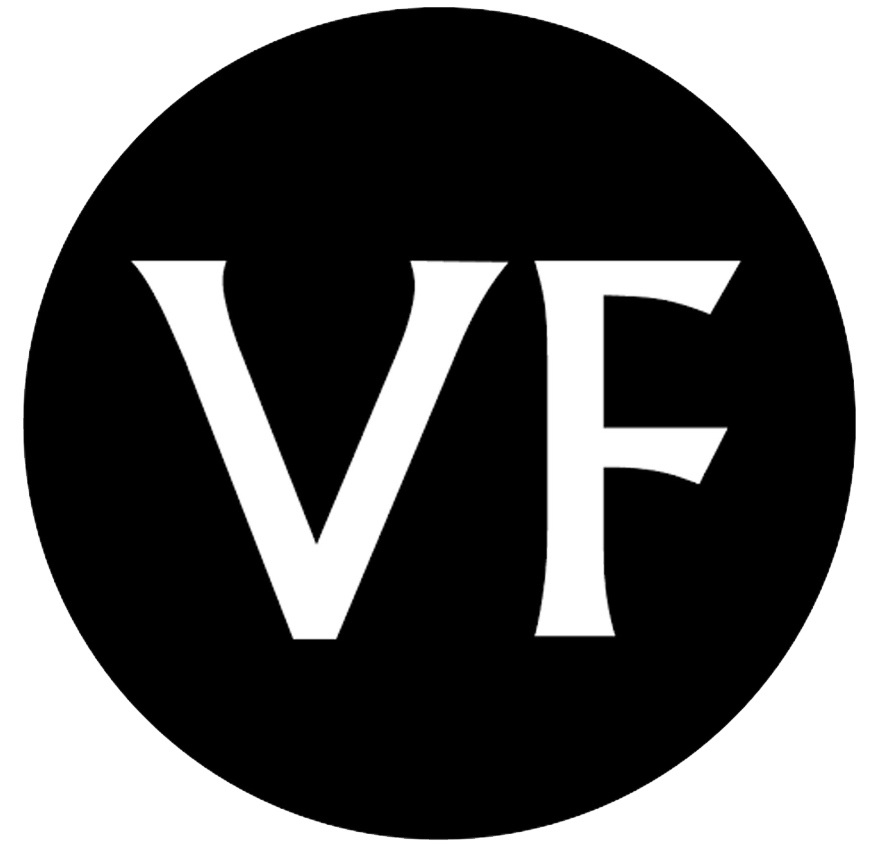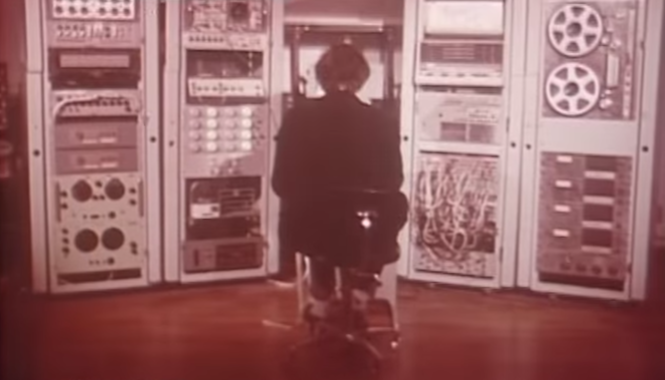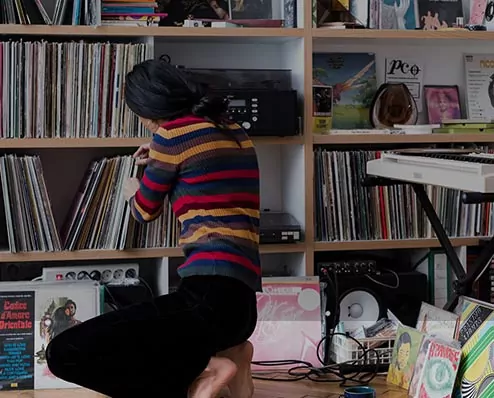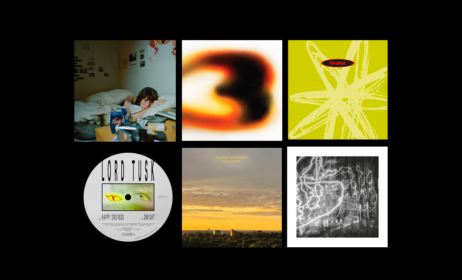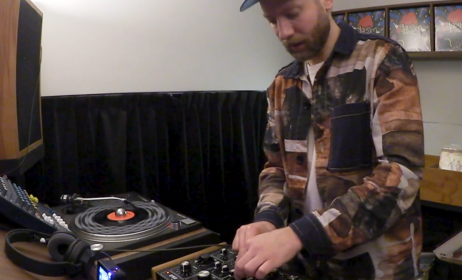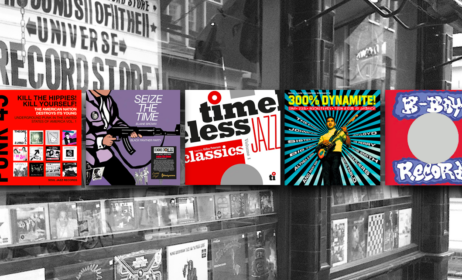Published on
October 15, 2014
Category
Features
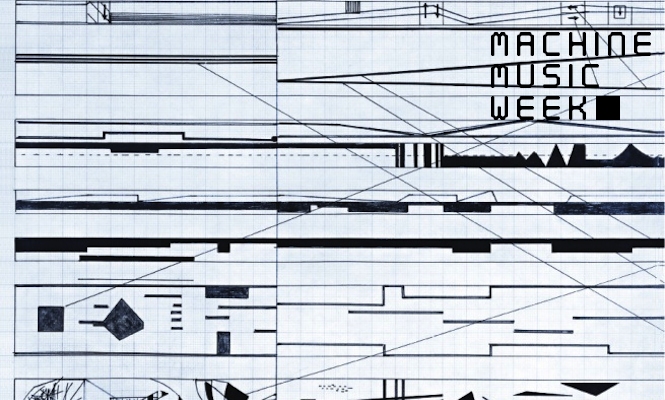
On computer music:
Russell Haswell: Obviously when people say computers in this period these were computers that were huge massive things, not in the way we might associate ourselves with computers. It wasn’t until the 80’s until we had personal computers, so they were things that were unapproachable to the common man, and I guess because I’m a common man I didn’t have access to computers. It’s always been fascinating to me that there were things that were unobtainable and unachievable and I couldn’t imagine going to use a computer. So part of my own artistic practice has been attempting to use technologies that existed in the past that are no longer commonly available. That’s why at times in my career I made it part of my agenda to use Xenakis’ computer or other computer music softwares that weren’t commonly available, that you couldn’t download and just use.
In the case of Xenakis, with one of his computer systems called UPIC, you can draw the sound, you can draw the picture and picture can turn into a sound and that’s something that’s fascinated me for most of my life really, and I’ve always tried to fiddle around in those areas of research.
I think at the time when Xenakis made these Stochastic pieces which use the computers as the compositional tool, if at the time he had access to a computer that would generate the audio, I think he would have done that. But he couldn’t at the time, it wasn’t easily achievable, it would have taken an incredible amount of time. Whereas a decade later then the reality of generating audio in a longer form from a computer was more achievable.
Yuri Pattison: The technology at the time provided such possibilities but then those limitations are very obvious in the aesthetics of the show. And I think reassessing those limitations is a really nice thing, because it makes you understand the basics behind this technology. I guess we have so much choice these days it’s difficult. And seeing something so fresh and clean and rooted in a very different aesthetic that’s also connected to now is also important. They have a wonderful naivety to them that I think is really refreshing and are not burdened by the context hat you have laid on to that kind of work now.
Digital and network technology is an incredibly political place and I think we’ve gotten to the point where this premonition of how important this revolution would be [has come true], and this was incredibly good at describing how broad reaching it would be in our lives.
